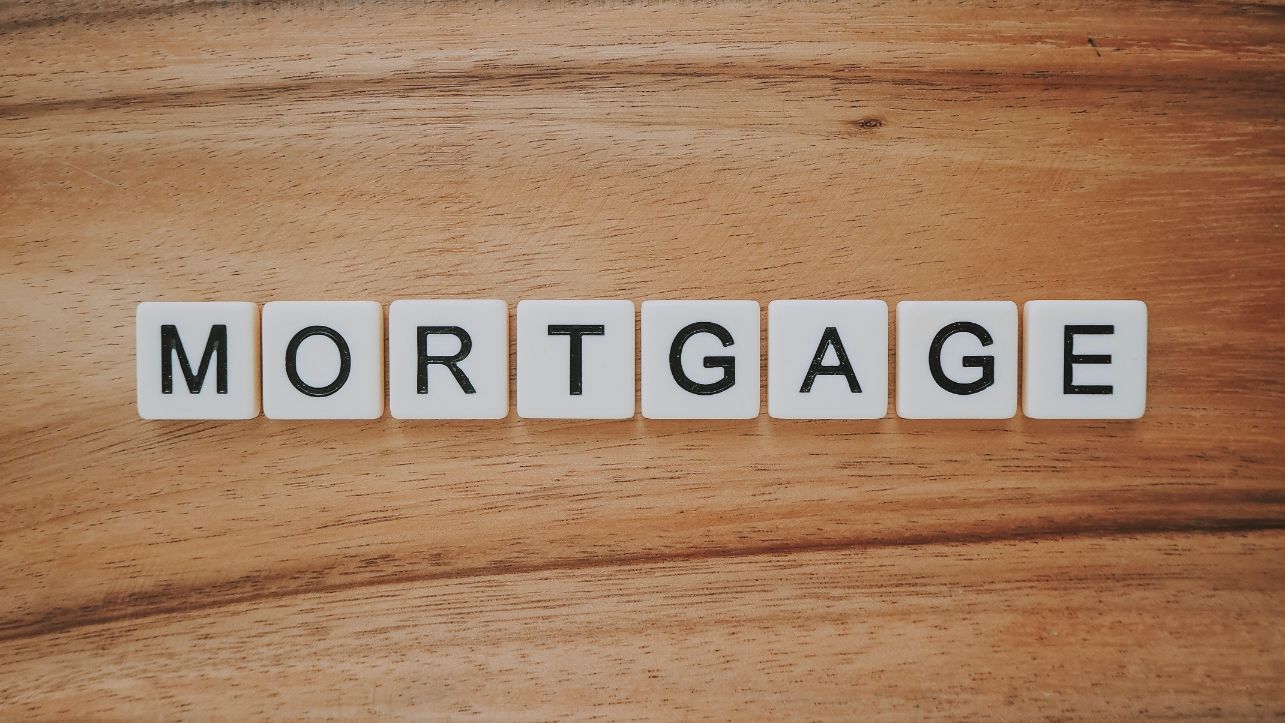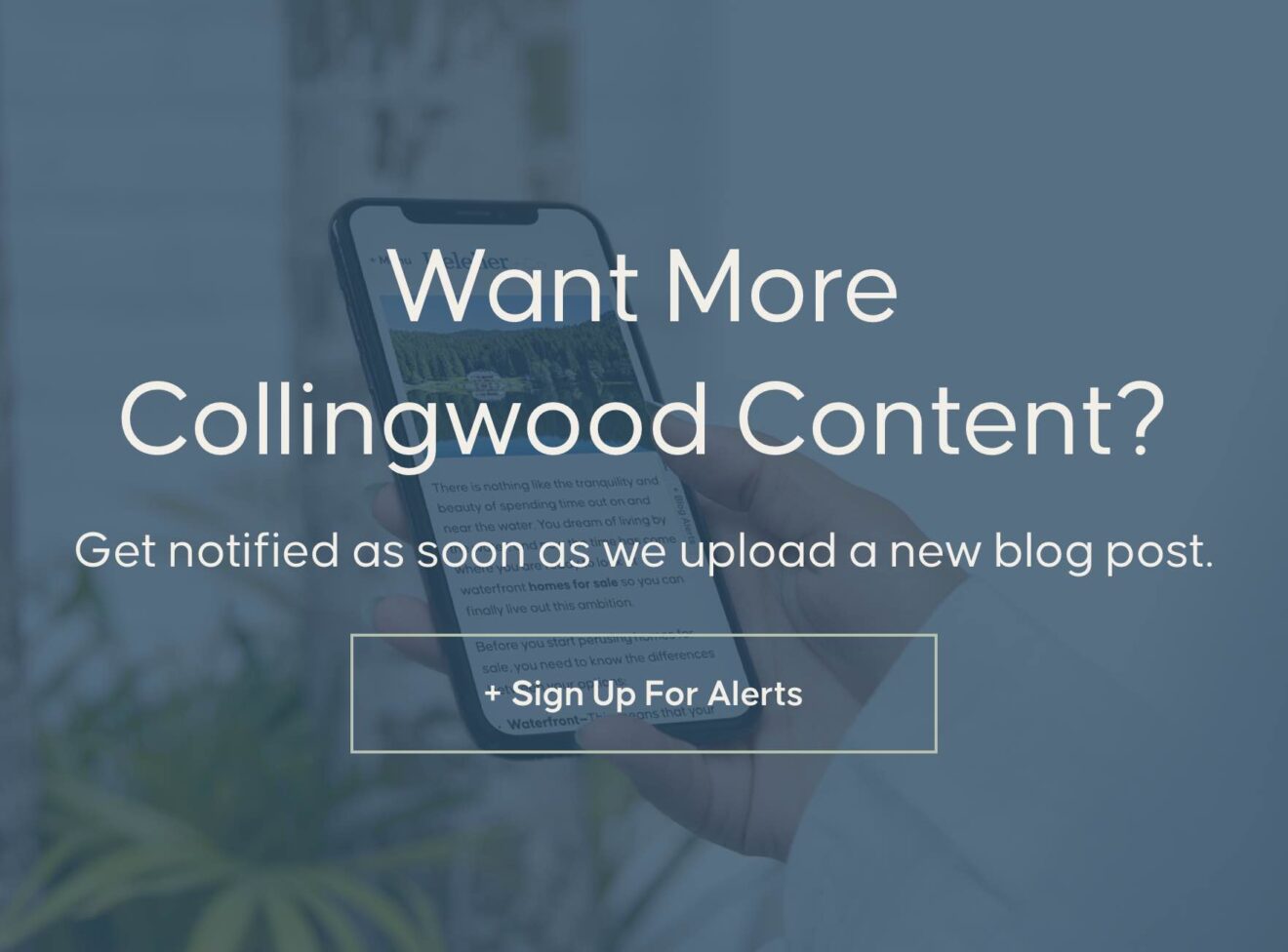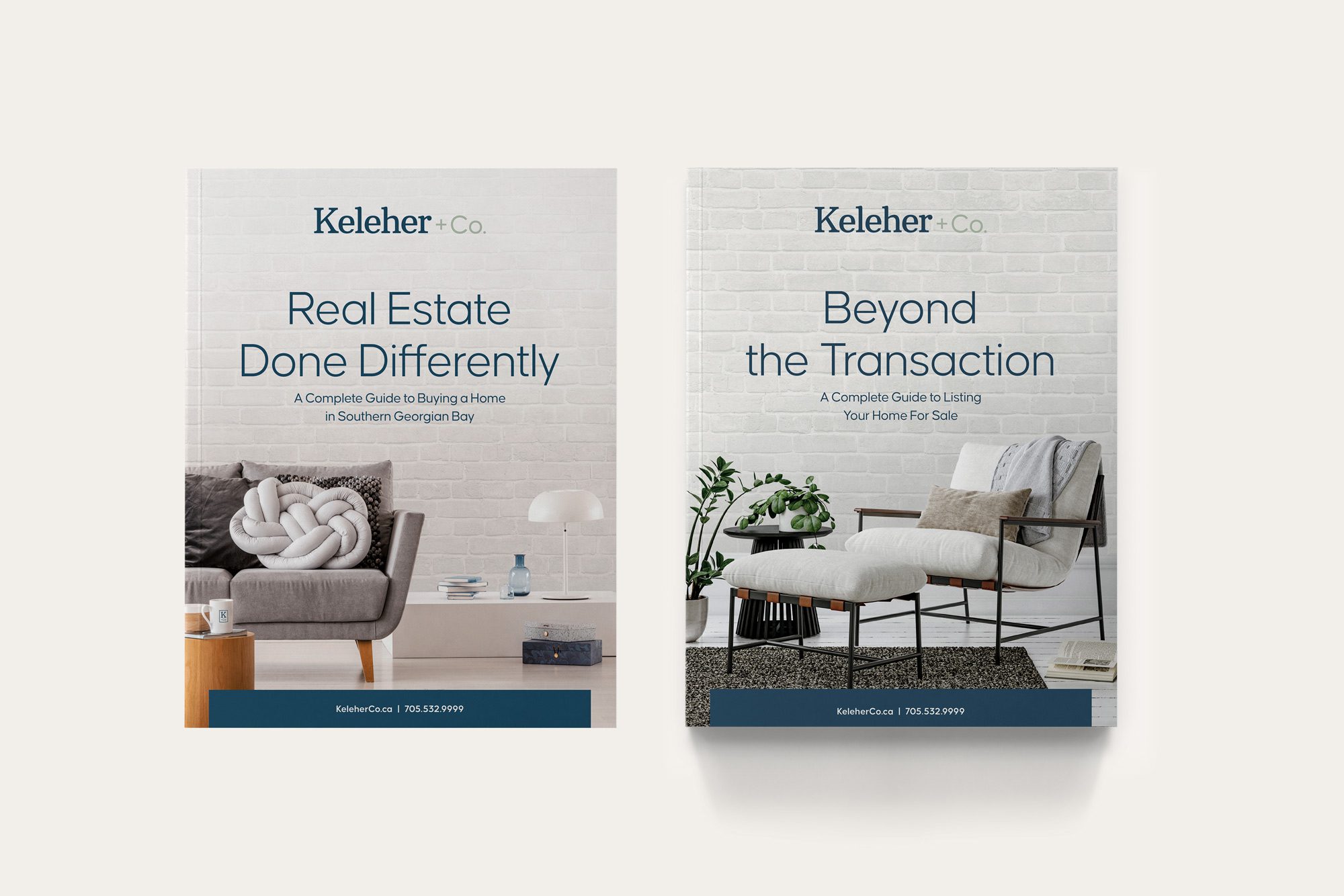
In some ways, the changing real estate market is excellent news for buyers. After two years of intense competition and fierce bidding wars driving up the cost of everything, market conditions have finally relaxed. Housing prices have returned to near normal levels.
Best of all, you have more options now than you have for a long time. A balanced market gives you more negotiating power and a better chance of finding the right house for your family.
The bad news? Higher interest rates make it more expensive to borrow enough money to finance your purchase. With more of the payment going to interest than the principal, qualifying for the amount you need is more challenging.
Many buyers are also finding it difficult to pass the stress test. Your ability to repay is calculated at even higher rates to ensure you can withstand fluctuating amounts.
With all of the changes in the market, now is a good time to review the mortgage process and help you decide on your best financing options.
Types of Mortgages
There are many online mortgage calculators that will let you see an estimate of how much it will cost to buy a house per month. However, the process can be a little more complicated when it’s time to apply for your loan in the real world. There are terms you need to know and decisions to make. Here are the five types of mortgages you may encounter in Canada:
Open Mortgage
This loan provides flexible terms and allow you to make large payments or even pay off your entire mortgage without penalty. If you expect to receive a large sum of money that will enable you to pay off your balance in one lump sum, an open mortgage might be the best option. The disadvantage is that they often come with higher interest rates.
Want to know more about how the current real estate market is changing? Read How the Latest Interest Rate Might Affect Collingwood.
Closed Mortgage
Your loan is paid off in instalments over a predetermined amount of time. Paying the balance early or switching to a different lender before your term expires can have steep penalties. While you may have less flexible payment terms, closed mortgages typically offer much lower interest rates. Since few people have the resources to pay off their balance early, closed mortgages are the most popular option.
Convertible Mortgages
A convertible mortgage allows the homeowner to change their terms part way through without prepayment penalties. You can choose a variable rate when interest is low and switch it to a fixed rate later.
Why are so many families choosing to relocate to Collingwood? Here are just a few reasons:
Hybrid Mortgage
A hybrid mortgage means more than one type of loan is contained within a single contract. One portion of the loan could be fixed, and the other variable. Or a part of the loan could even be a line of credit. Why choose a hybrid loan?
It helps reduce the risk of fluctuating rates while taking advantage of lower interest. You can also spread out your payments rather than having everything due on a specific date. Hybrid mortgages are also ideal when buying with a partner.
The downside is that part of the loan can come up for refinancing first. If you decide to switch lenders, you may have to break your mortgage and possibly face a penalty.
Reverse Mortgage
Homeowners over 55 can borrow against the equity to receive a lump sum or monthly payments. The balance gets settled upon the sale of the property or when the homeowner passes away. The benefit is that it provides income for living expenses. The downside is that interest rates on reverse mortgages are typically higher, reducing the amount you have left once the property is sold.
What happens if you have to sell a house for someone else? Read more here.
Fixed-Rate or Variable?
If, like many homeowners, you choose a closed mortgage, the next step is to select what type of rate you want.
A variable rate is not set and can fluctuate whenever the Bank of Canada changes the target rate. Even so, variable rates are almost always lower than fixed. When rates go up, two things can happen:
- Your monthly payment will also increase.
- Your monthly payment can stay the same, but with less going to the principal, which adds time to your amortization.
A fixed-rate means your rate is locked in, and you don’t have to worry about it changing for the rest of your term. On the flip side, there are no cost savings when rates decrease. Still, 5-year fixed-rate mortgages are the most popular type of home loan because of the peace of mind they provide.
Why You Should Work with a Trusted Mortgage Broker
While any bank will be happy to get your business, there are compelling reasons to work with a mortgage broker. A broker can shop multiple lenders all at once, often getting you a lower rate than you’ll ever find with one of the central banks. In addition, they can often find lenders who will work with you even if you’re self-employed or your credit is less than stellar.
Exploring your financing options may open doors you didn’t realize were possible.
Are you buying or selling in the Southern Georgian Bay? Our team has 130 years of combined experience in the area, and we are happy to help you get started. Email or call 705-532-9999 today with any questions you may have or to book a free meeting.










